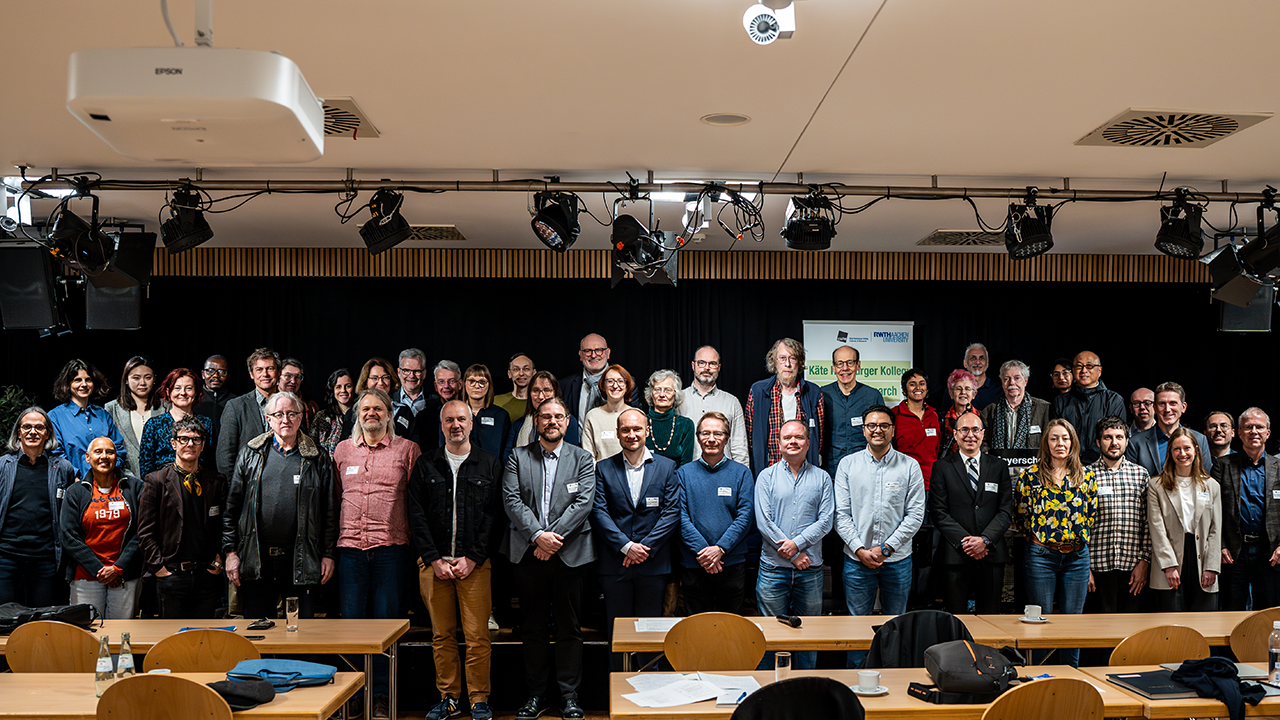ALIN OLTEANU AND THE C:O/RE TEAM
The Käte Hamburger Kolleg: Cultures of Research (c:o/re) celebrated itself, as it completed the first 4-year cycle of funding and is now successfully entering a second funding cycle. The center is funded by the German Federal Ministry of Education and Research (BMBF) within its framework program for the humanities and social sciences “Shaping the Future”. On March 25-27, 2025, we were delighted to get together for a conference targeted on the specific but encompassing theme of this center, namely Cultures of Research, which, we dare say, has recently become a more prominent academic topic due to the center’s efforts.
Who are we? All of us – c:o/re team members and fellows, both current and alumni, with a scientific advisory board that has steered the center’s activities. Almost all c:o/re fellows, who have carried out research here over four years, were present. This enabled a fascinating, for us, intersectional and inter-paradigmatic academic dialogue, the kind that makes the object of Cultures of Research. Chaired by the c:o/re team, fellows and scientific advisory board members have presented their research in approximately 40 talks. It was a most enjoyable opportunity for us to discuss, in hindsight, what emerged from four years of sustained academic work, having started from scratch, and how we see the center evolving in the future.
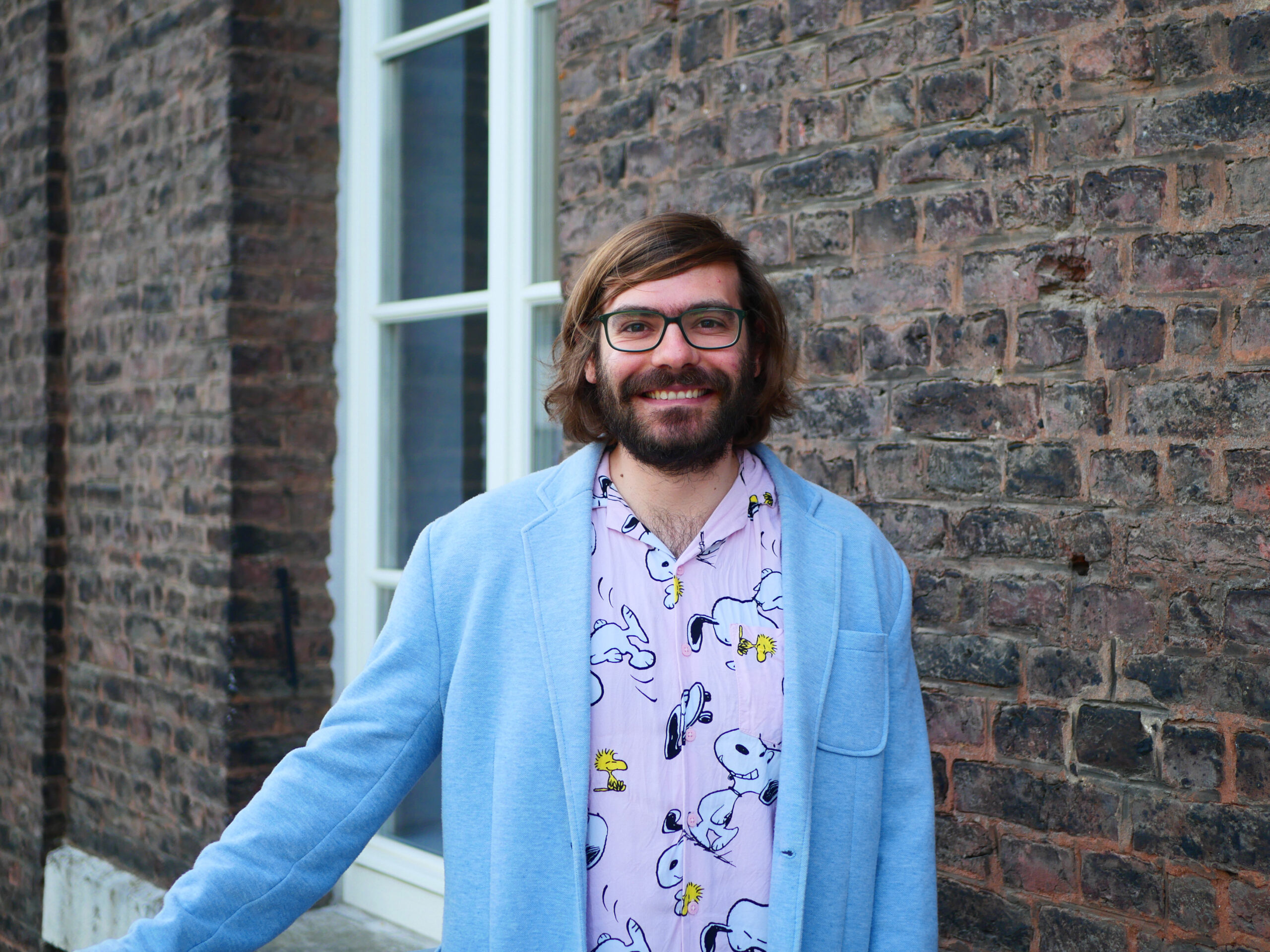
Alin Olteanu
Alin Olteanu is an Associate Professor of Semiotics at Shanghai International Studies University. Until July 2024, he worked as a a postdoctoral researcher and publications coordinator at the KHK c:o/re.
Many of us, team members and alumni fellows, deem the conference not just useful, but necessary. c:o/re has become an important dimension in the work of several of us, intellectually and institutionally. As such, gathering altogether is as important as the regular meeting of many themed academic associations. c:o/re has opened new career opportunities and perspectives for several of us. The center was formative and instrumental in the professional development of many, not just fostering the next step on a linear trajectory, such as from postdoc to tenure, but also enabling shifts in research focus, such as from engineering to science and technology studies. A small minority of alumni fellows has even found long-term academic placement at RWTH Aachen University. Even for such colleagues, who never fully left the center, the conference was needed, to reconnect with others. Many remark that it was particularly interesting to have the chance to dialog with the scientific advisory board in a collective, transparent and friendly setting.
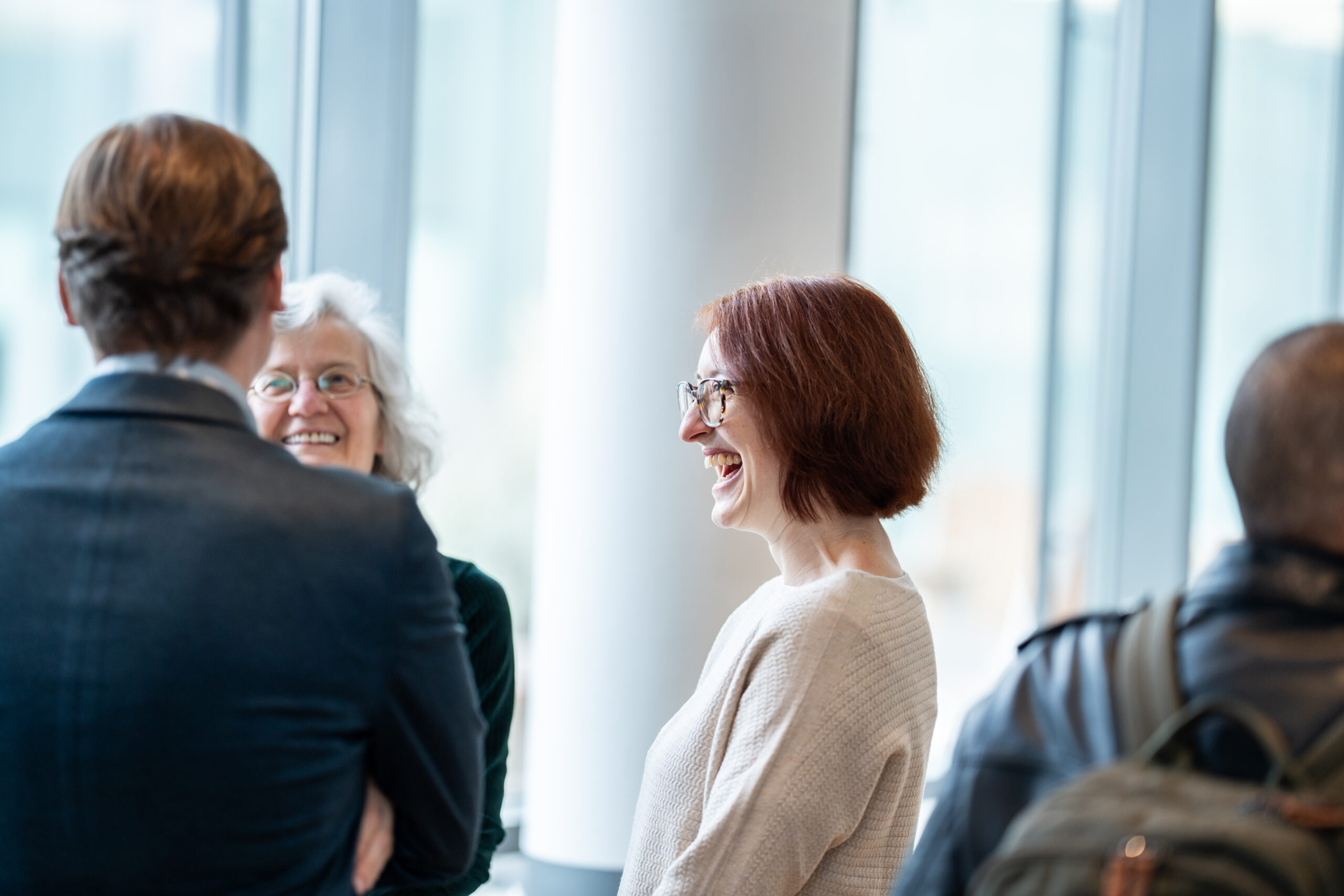


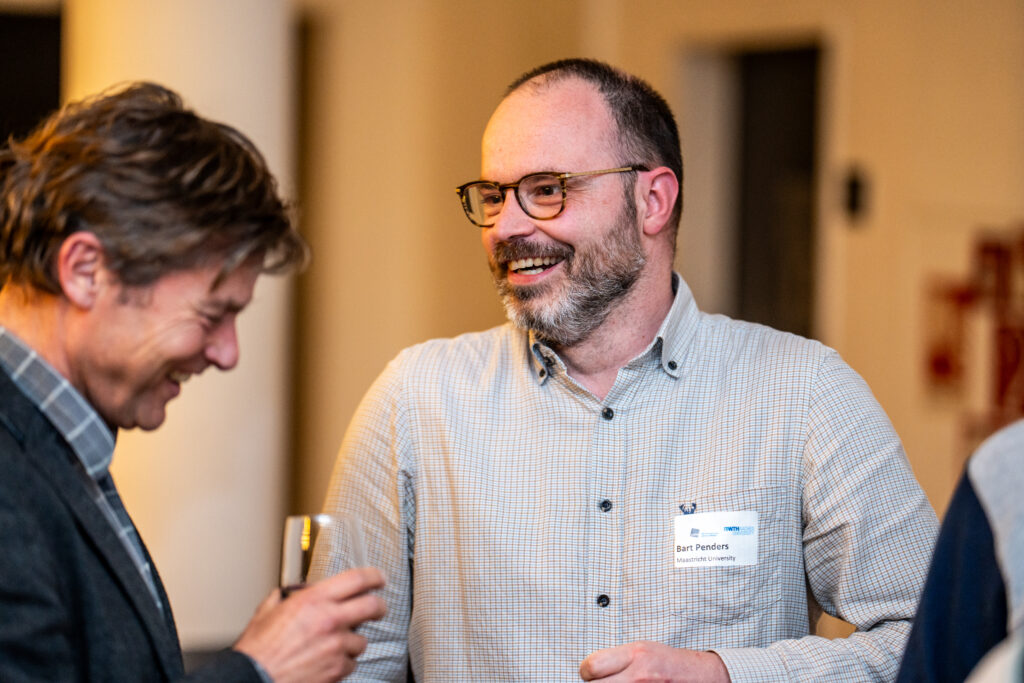
c:o/re directors Professors Gabriele Gramelsberger and Stefan Böschen started off the conference, welcoming what was a heterogenous but familiar gathering. They shared their views on the first four years of this center, the main research topics that channel its work and how these evolved. This ushered in the first keynote, “Historicizing Epistemology” by Hans-Jörg Rheinberger, a fitting way to start off a Cultures of Research conference, setting the optics for further conversation.

The conference was structured thematically in eight panels under three main c:o/re study foci, as follows. To address the theme of Change of research practices, we organized the panels Dealing with Complexity and Digitalization of Science. The theme Organizational transformations in science was addressed through panels on Lifelikeness, “Expanded STS” & Euregio, Freedom of Research, Art and Research. The Historical and intercultural comparison of varieties of science was organized into the panels Historicizing Science and Varieties of Science. This thematic organization results from a dialectics that is both top-down and bottom-up, to follow the research center’s rationale and mission, which have been channeled, in time, through the research it produced, one step at a time.

Being part of the c:o/re team, we feel privileged to be in a position to listen to the various studies that have emerged from this research center, observing how they have shaped the center and how its entailed research topics have changed over time. To illustrate, for someone who has been a part of this four-year effort throughout, it was fascinating to listen to dialogues among the scientific advisory board with and across four generations of fellows, who seldomly knew each other. This was not just a meeting of individual scholars, but of academic groups that have crystallized during their respective fellowships, having each developed their research subculture. In this exercise, we saw first-hand the importance of institutional academic funding structured in this Käte Hamburger Kolleg format. Until now, we have worked with these scholars individually and in well-focused formats, such as thematically organized fellow cohorts.
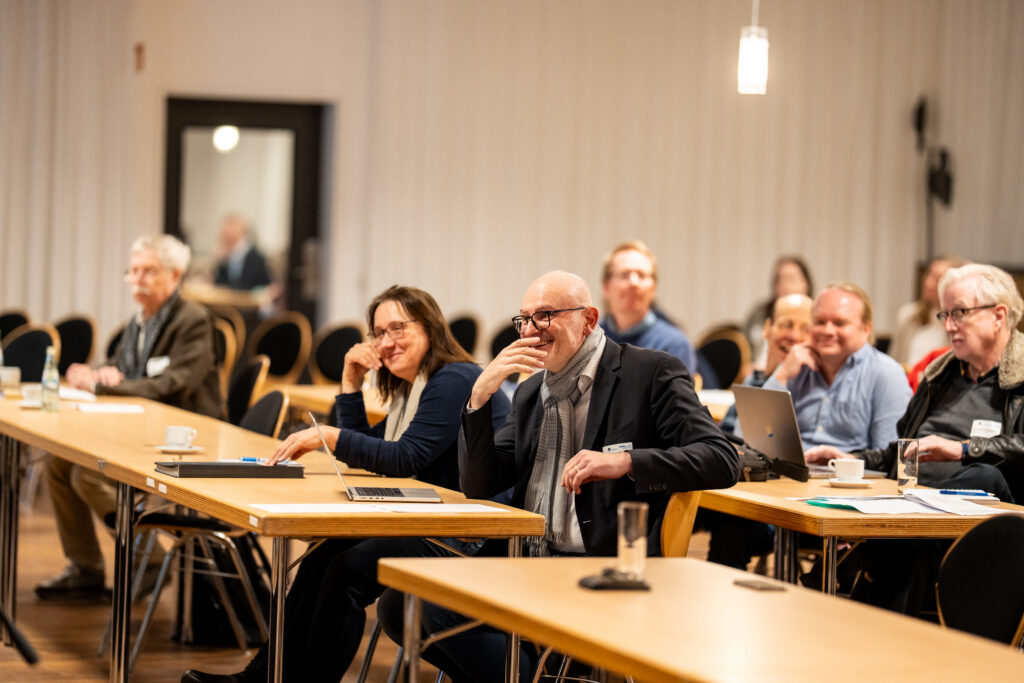
Our festive conference opened the doors to intersectional dialogue, releasing the, however interdisciplinary, strictly focused work of individuals and clusters within c:o/re into a productive and creative chaos. As some fellows attest, while at first glimpse the range of topics brought together under the roof of the center, as seen in this conference, may seem unrelated, they epistemologically connect very well. It is such facilitating of interdisciplinary research that positioned some fellows to discover that the issues they tackle are of interest beyond the disciplinary confines within which they each operate.
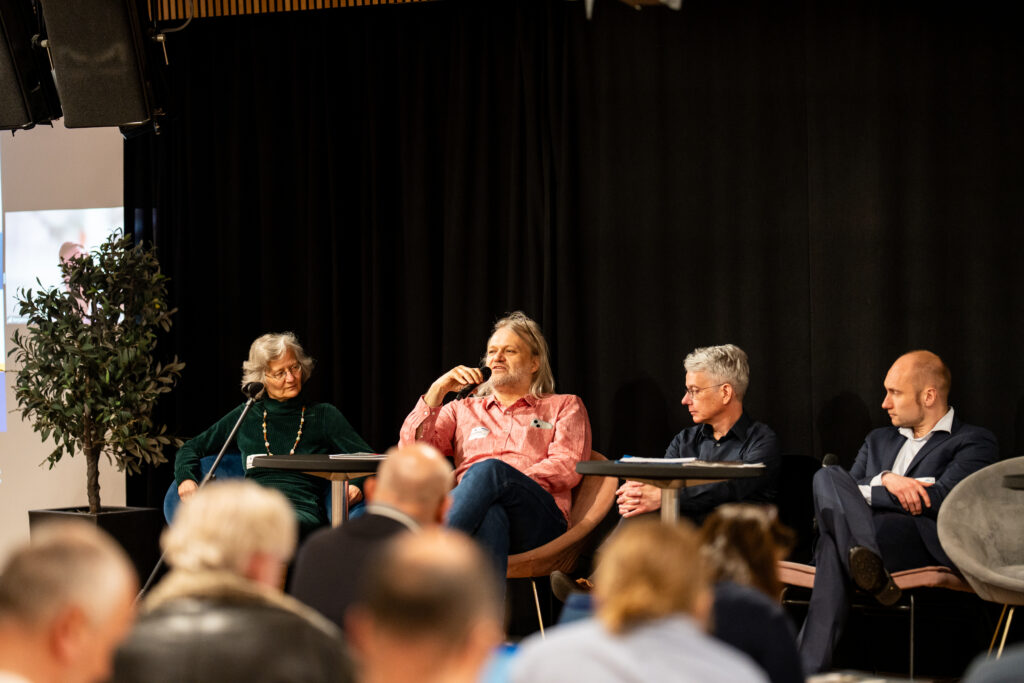
We see c:o/re having enabled new and unexpected quo vadis reflections on Cultures of Research, something we can observe regarding the topic of “Expanded STS”, a c:o/re coinage that is drawing growing attention, as an anticipating consideration on scientific and technological futures. Actually, we contend that the conference panel dedicated to Expanded STS demonstrated how much STS is shaped by ‘othering’ and internal demarcation between disciplines (especially the sociology and philosophy of science). However, at the same time, our conversations reveal not only that a multitude of approaches co-exist, dealing with these boundaries differently and more productively, but also that a growing scholarly community is willing to explore new interdisciplinary avenues for cooperation.
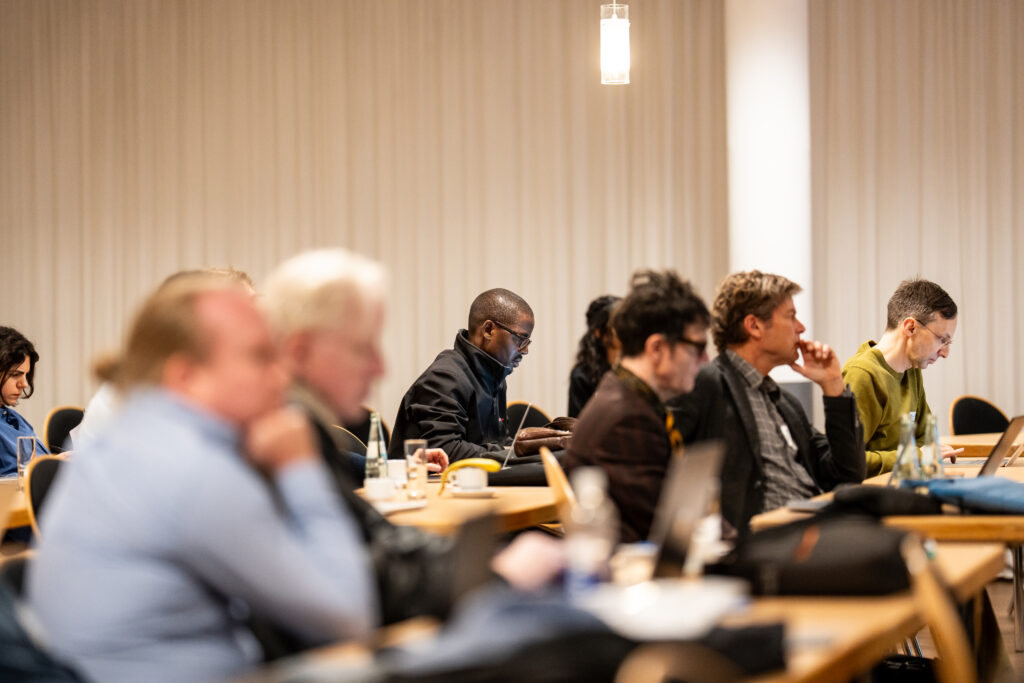
We do not want to give the wrong impression that the research carried out at c:o/re is free of contradicting or even controversies – far from it. The conference has seen plenty of contradictory arguments and contestations among the speakers, in a way that accounts for two important matters for any research institute, namely that (1) this center is a platform for free academic debate and that (2) the approaches it hosts are epistemically compatible (that two positions on a topic are contradictory implies that they are mutually relevant). Actually, the one claim on which we found total agreement is that Freedom of Research is currently one of the most important issues for the academe, as well as society broadly. All fellows, team and scientific advisory board members see the urgent need of freely (!) discussing the freedom of scholars in the current context when sociotechnical shifts have consequences for the freedom of speech and expression.
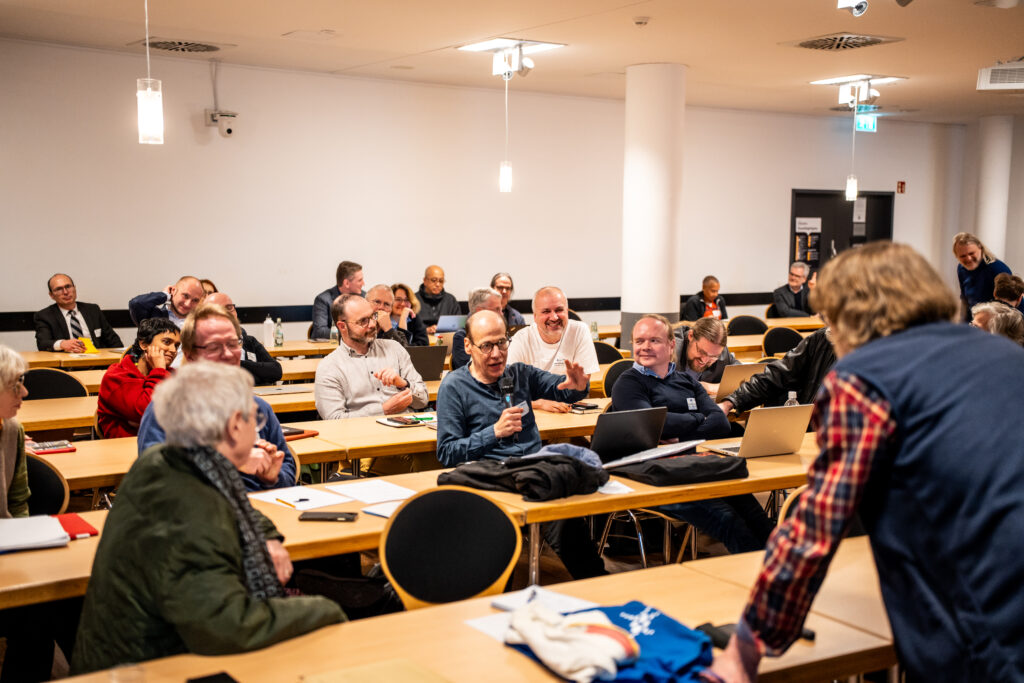
Of course, discussion on what freedom in research is, how it is practiced and how it should be supported institutionally was fiery, encompassing a broad variety of perspectives. Overall, there is agreement that this is how an exercise in academic freedom looks like: we are free and enabled institutionally to contradict each other. We note that the Cultures of Research conference took place shortly after a new US administration started exercising pressure on scientists and universities. Political pressure on academia will undoubtedly constitute a main concern for c:o/re in its second cycle of funding, shaping its future development, as we hope and anticipate that it will shape the future development of philosophical and social inquiry on technology in general.
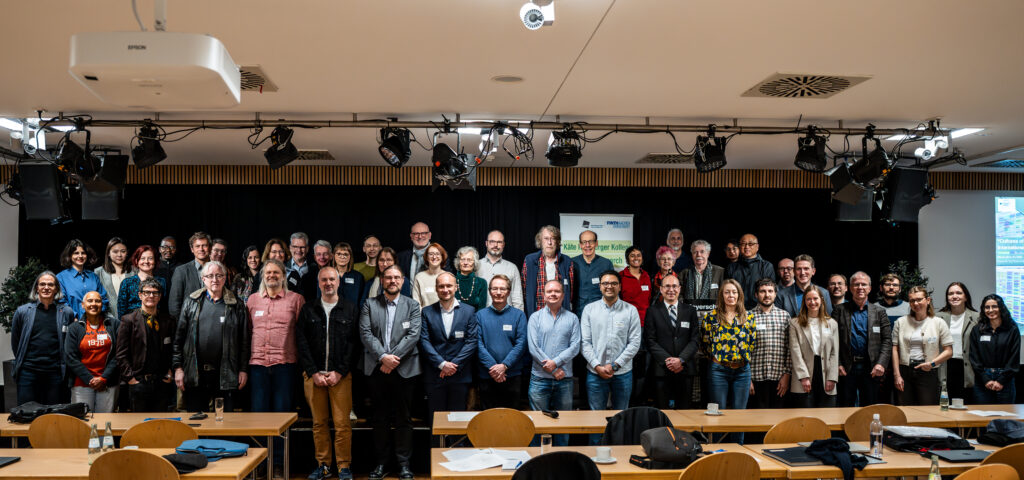
Unless otherwise noted, photos by Christian van’t Hoen.
The program with all speakers and titles of the conference can be found in this document.


